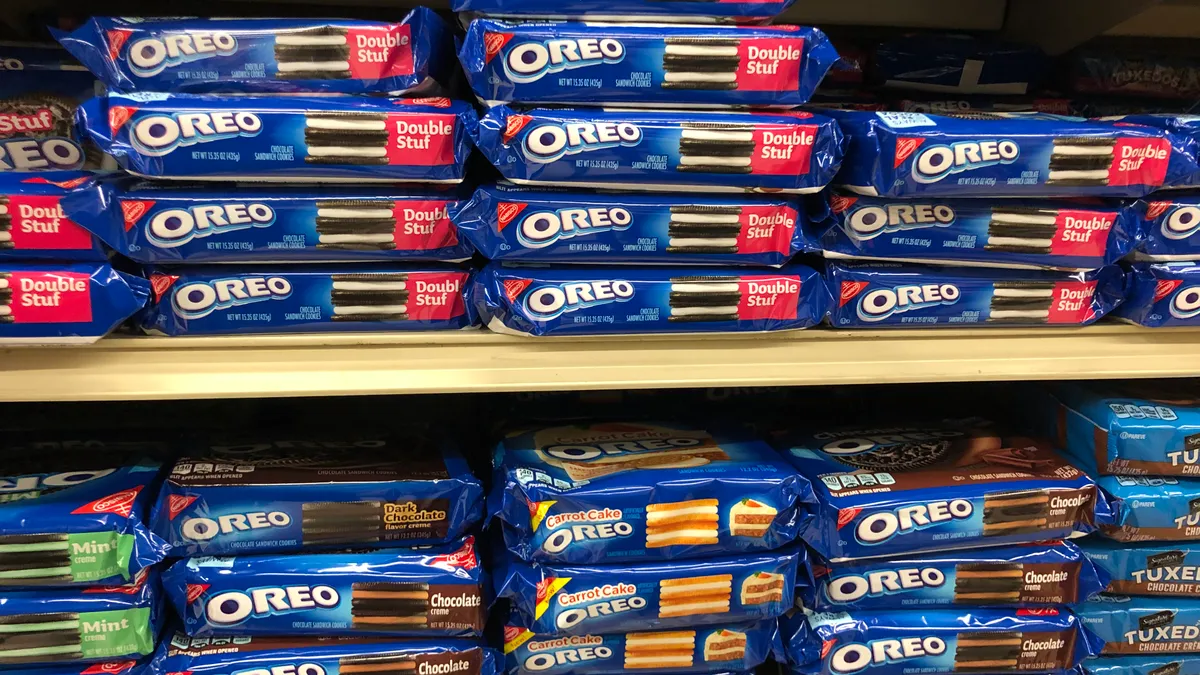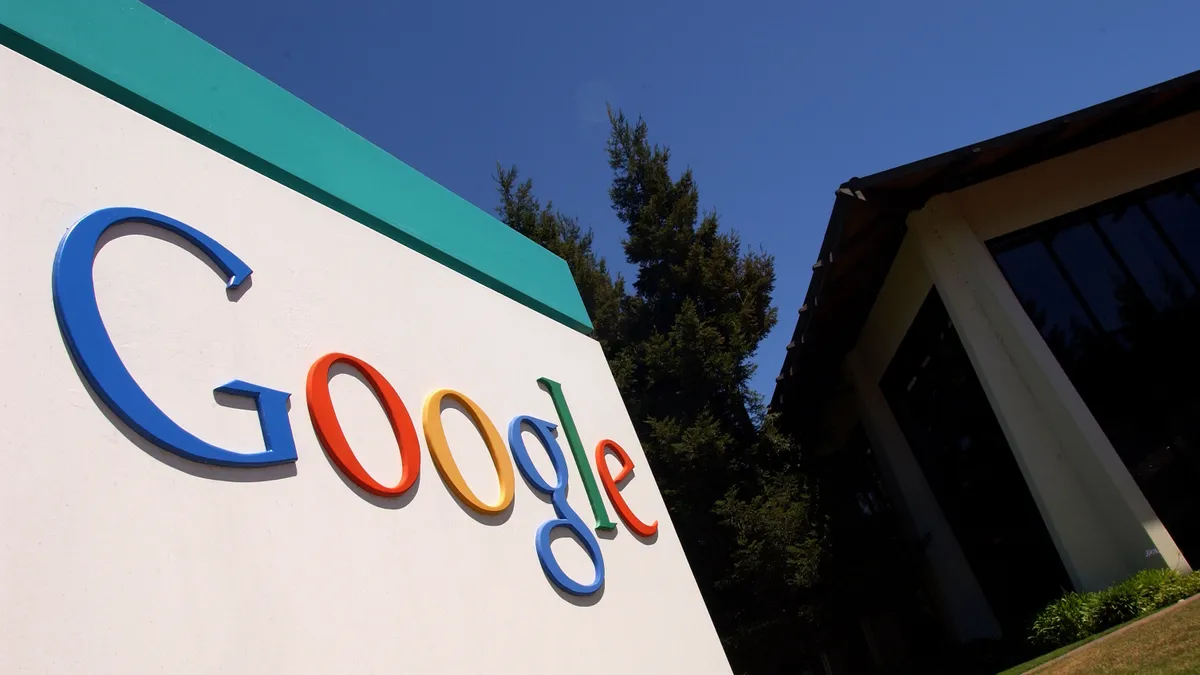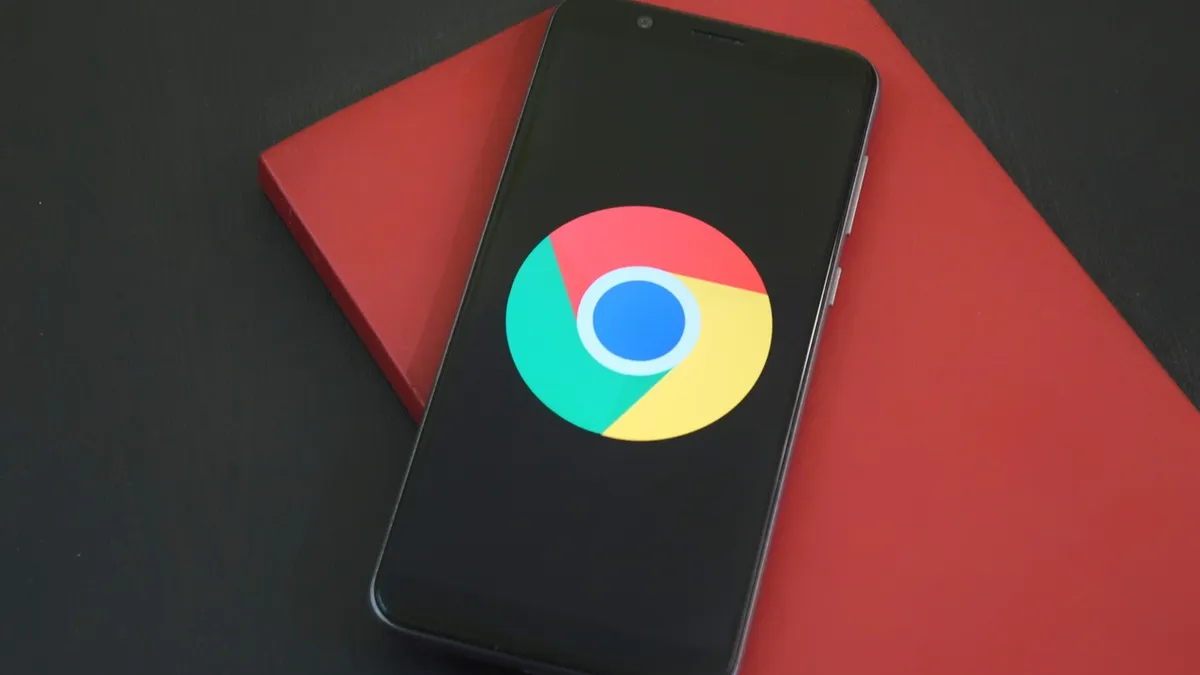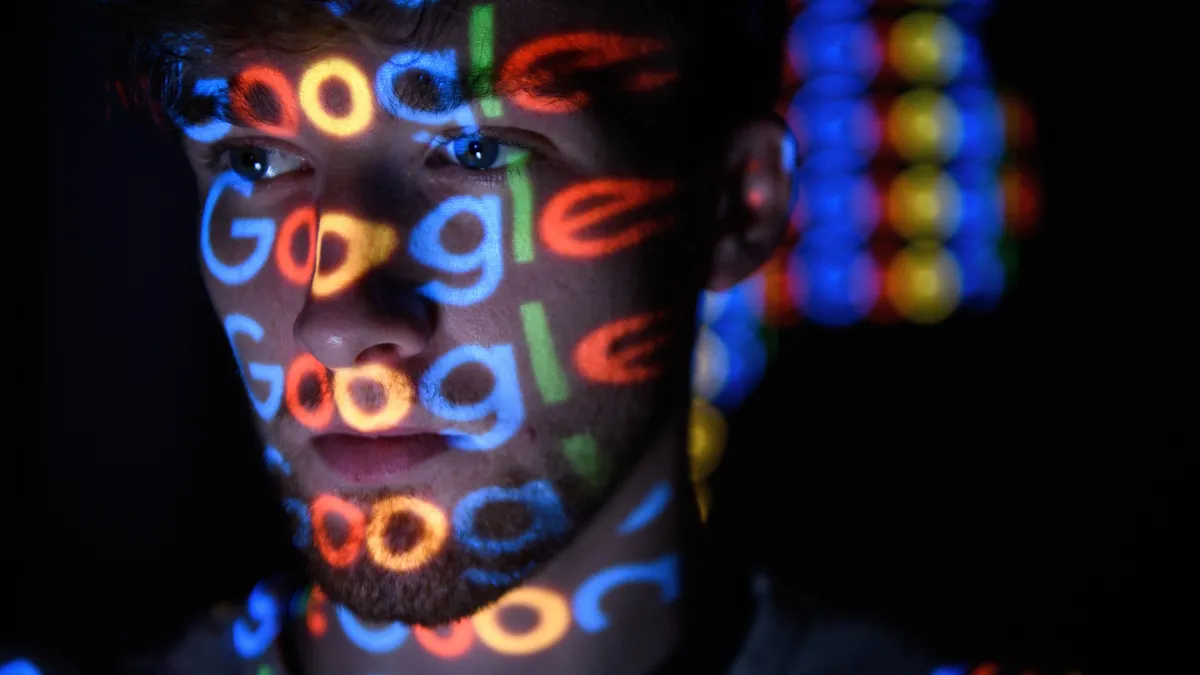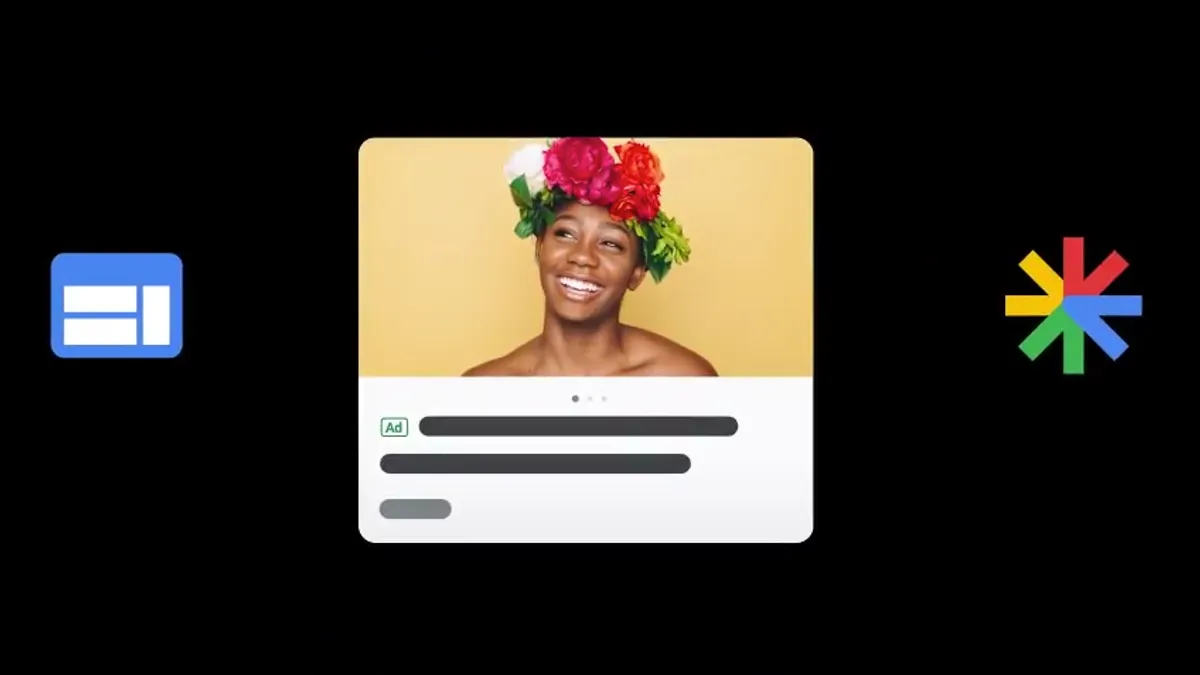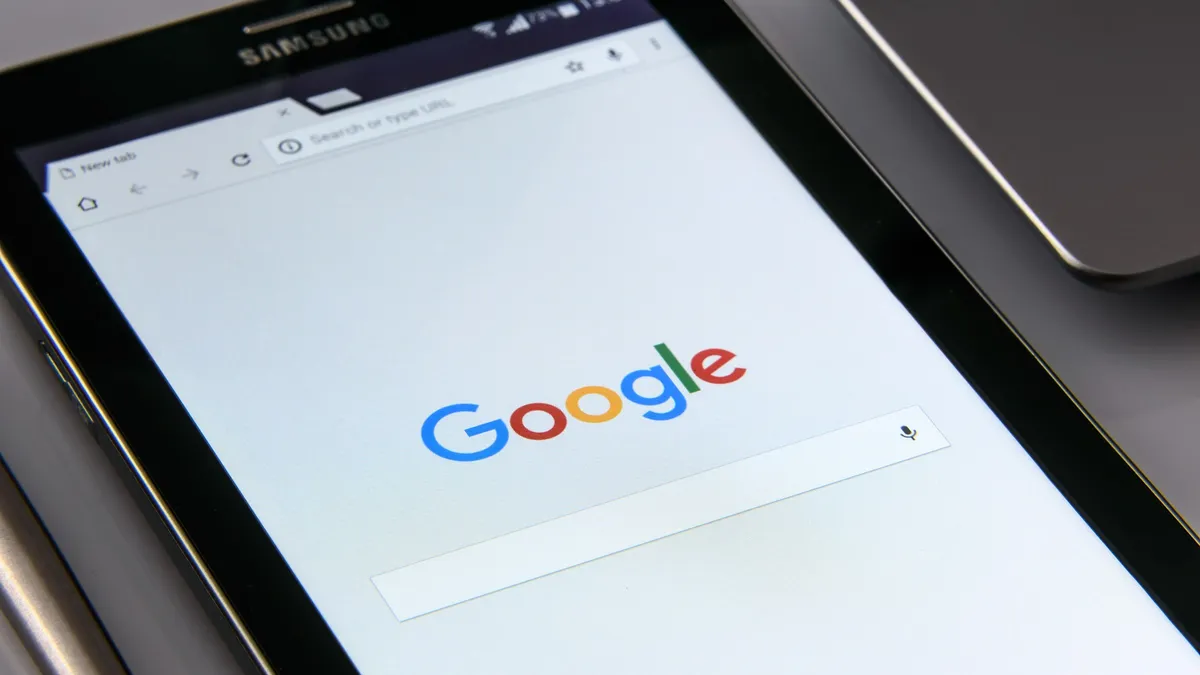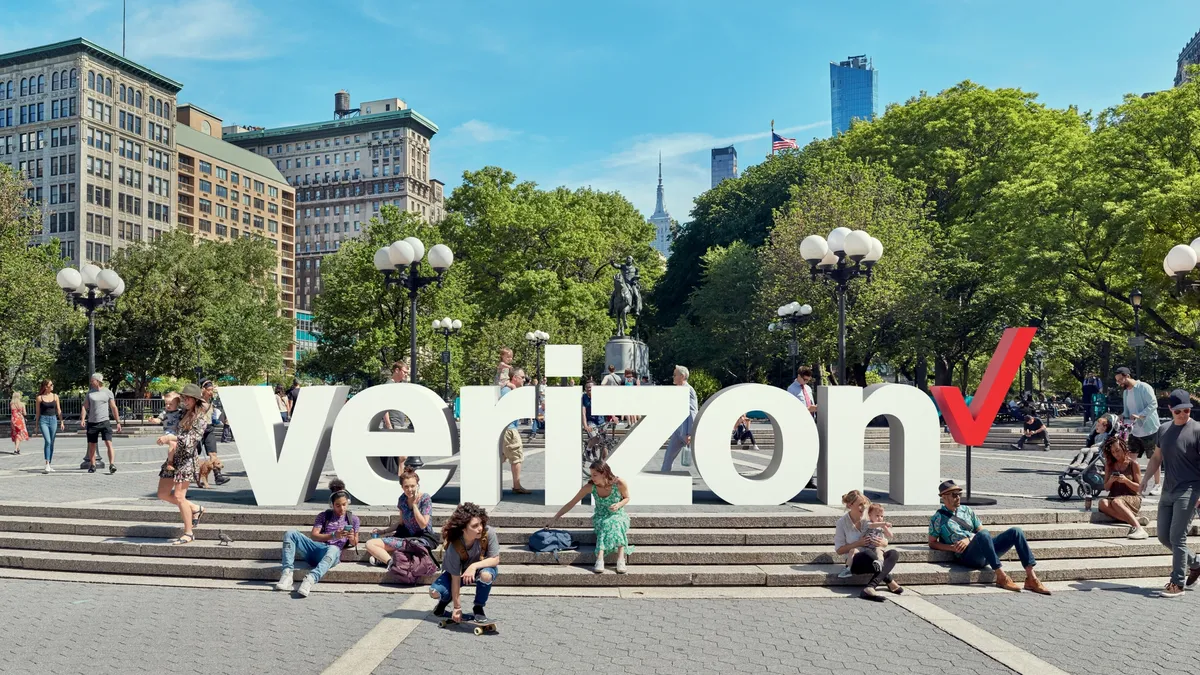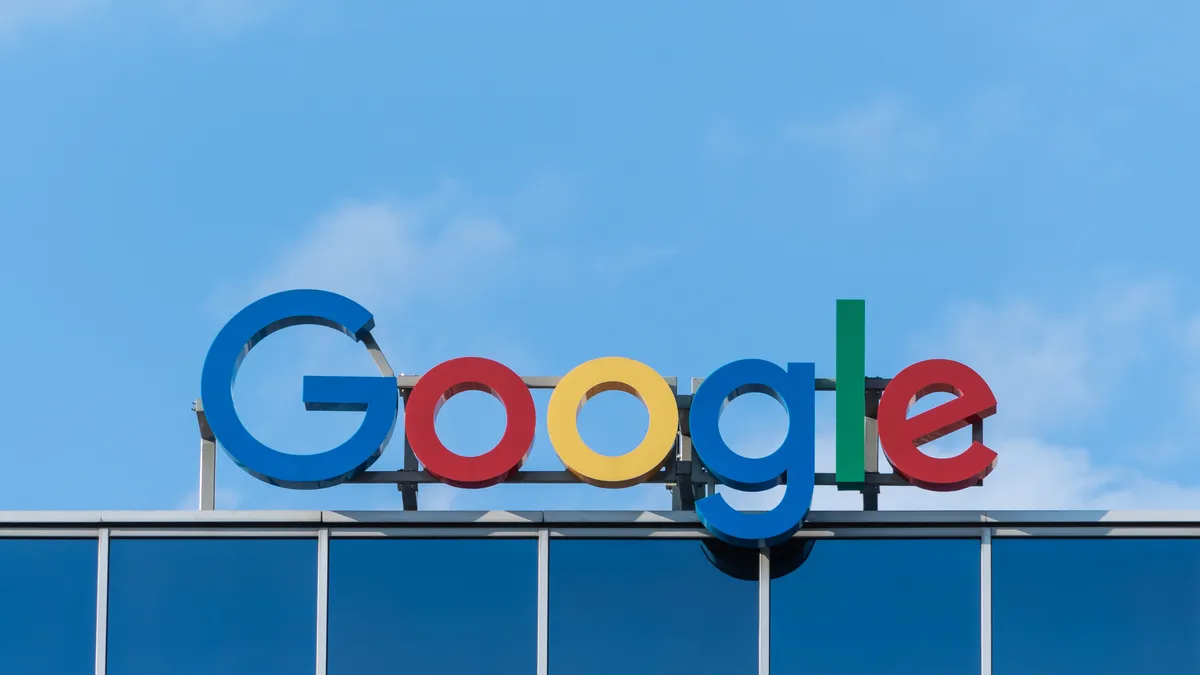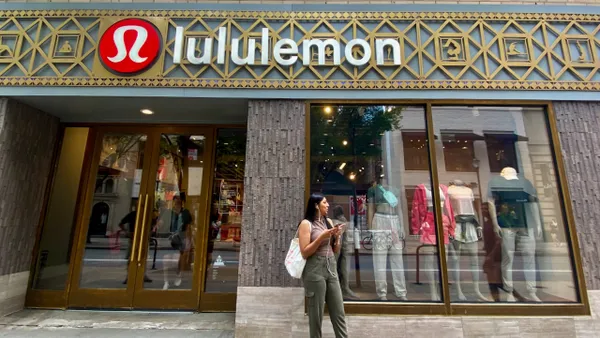Like most marketers, packaged foods giant Mondelez International is reevaluating its strategy for a world where third-party cookies are set to go "the way of the Dodo" amid a wave of new privacy regulations, to quote one executive speaking at a virtual Advertising Week panel Wednesday.
Tactics that rely less on such identifiers, including contextual targeting, are on the rise as brands and publishers scramble to find a replacement for what has, to date, been one of the most ubiquitous ways of reaching consumers online. But Mondelez, which owns snack labels like Oreo and Wheat Thins, does not view any one alternative as a catch-all solution for the industry's looming post-cookie future, and is instead taking a layered approach to thinking about its performance-based marketing moving forward.
"One of the key benefits [of contextual targeting] is that it does not have any kind of direct dependencies on cookies or any such other identifiers," Anuj Dahiya, global digital media head at Mondelez, said during a livestreamed session with DoubleVerify, one of the company's advertising partners.
"Context is critical, for sure, and we make sure that we're continuously building on top of our audience insights as well," Dahiya said. "However, brand safety could be an issue when you talk about contextual targeting."
One way Mondelez is following in the footsteps of other packaged goods companies is putting a new premium on first-party data, which has always been a valuable asset to the category but is receiving fresh relevance as third-party data is deprecated due to wide-reaching privacy regulations, including the EU's General Data Protection Regulation (GDPR) and the California Consumer Privacy Act (CCPA). Such laws are the prime reason that cookies, which tag and track small bits of consumer information from around the web to help brands target their advertisements, are on the decline, as market-leading browsers like Google Chrome start to sunset their support.
"Regulations like GDPR or CCPA ... they send a clear message to the advertisers: that data needs to be handled appropriately and any sort of personalization should not come at a cost of consumer privacy," Dahiya said. "In light of the current events [that have] been rolling across different industries, even performance is important. More data sets and more advanced measurement techniques have become critical."
Testing new solutions
Sorting out a marketing playbook that's less reliant on third-party cookies could also be imperative for packaged goods companies as they depend more on e-commerce to drive growth. Online shopping has boomed under the coronavirus pandemic, a trend that could stick around even after the worst of the health crisis passes. But getting online users to click and shop — and then repeat those habits — could ultimately require more dynamic digital advertising.
"Using both contextual and behavioral targeting together, I think there is a greater portion of people who have a more holistic approach and reach shoppers in different ways and different times in their journey," Dahiya said. "Both of these need to work together in collaboration and making sure, at the end of the day, it helps us design a meaningful experience for our consumers."
Mondelez has for years ramped up investments in its e-commerce capabilites, and experienced a sales bump in recent months as homebound consumers stocked up on snacks. But, as with its packaged food competitors, sustaining momentum will be essential for the company as pandemic-driven habits start to cool.
"In a perfect world, marketers would be able to attribute ads to sales, brand awareness or any other critical business objective. But they don't always have that luxury."

Anuj Dahiya
Global digital media head, Mondelez International
The marketer is working on new ways to meet modern marketing demands. Earlier this summer, it piloted DoubleVerify's Authentic Performance solution that helps brands better evaluate and optimize their campaign performance. Early results were promising, as the marketer saw a 10% lift in brand favorability, a 9% bump in brand concentration and a 5% increase in purchase intent, according to figures Dahiya shared during the session.
"What we felt [validated] this pilot was the length and breadth of the matrix; the granularity of the data," Dahiya said. "That's something that we saw had a positive impact on the overall business objective that this brand had."
Even as Mondelez finds success in new experiments around leveraging data in advertising, Dahiya suggested gaps would persist in directly linking consumer-facing messages to business outcomes.
"In a perfect world, marketers would be able to attribute ads to sales, brand awareness or any other critical business objective," Dahiya said. "But they don't always have that luxury."
"Advertising is still a creative function," he added. "If you have to measure the impact, there's a bit of an art and a science that's needed."



